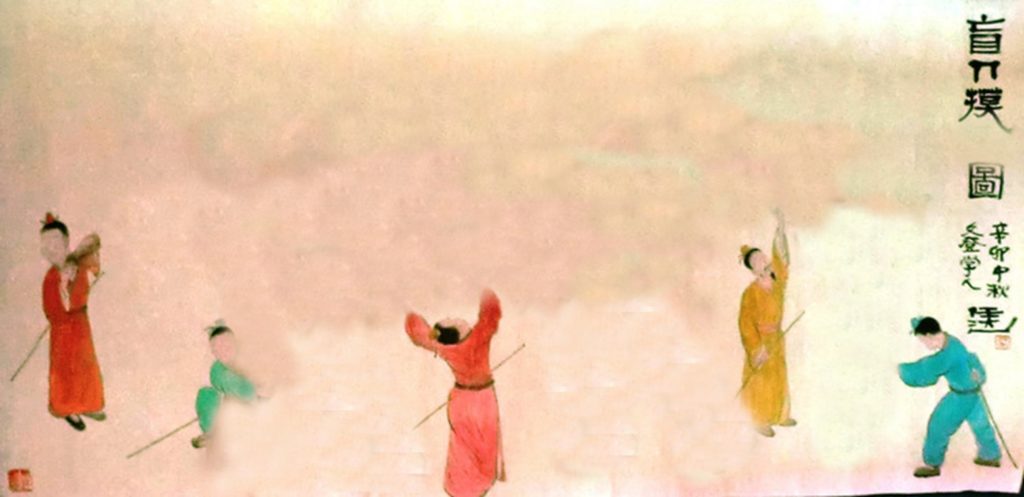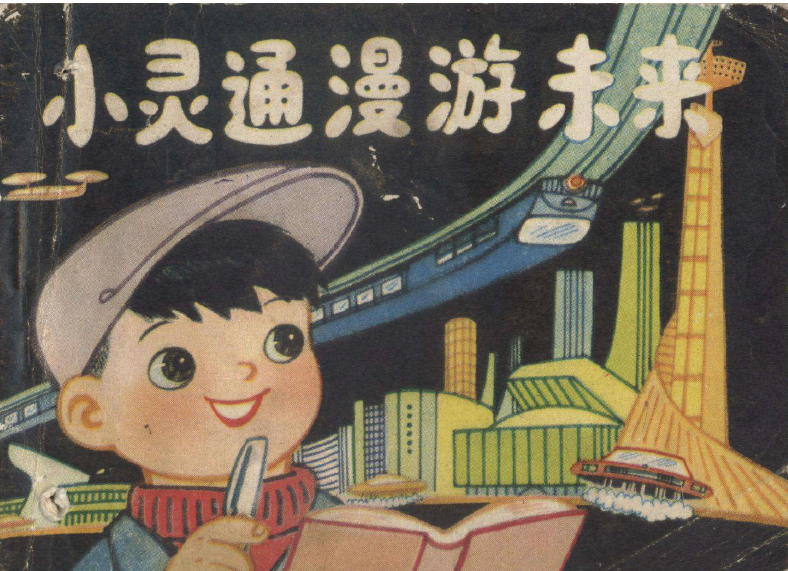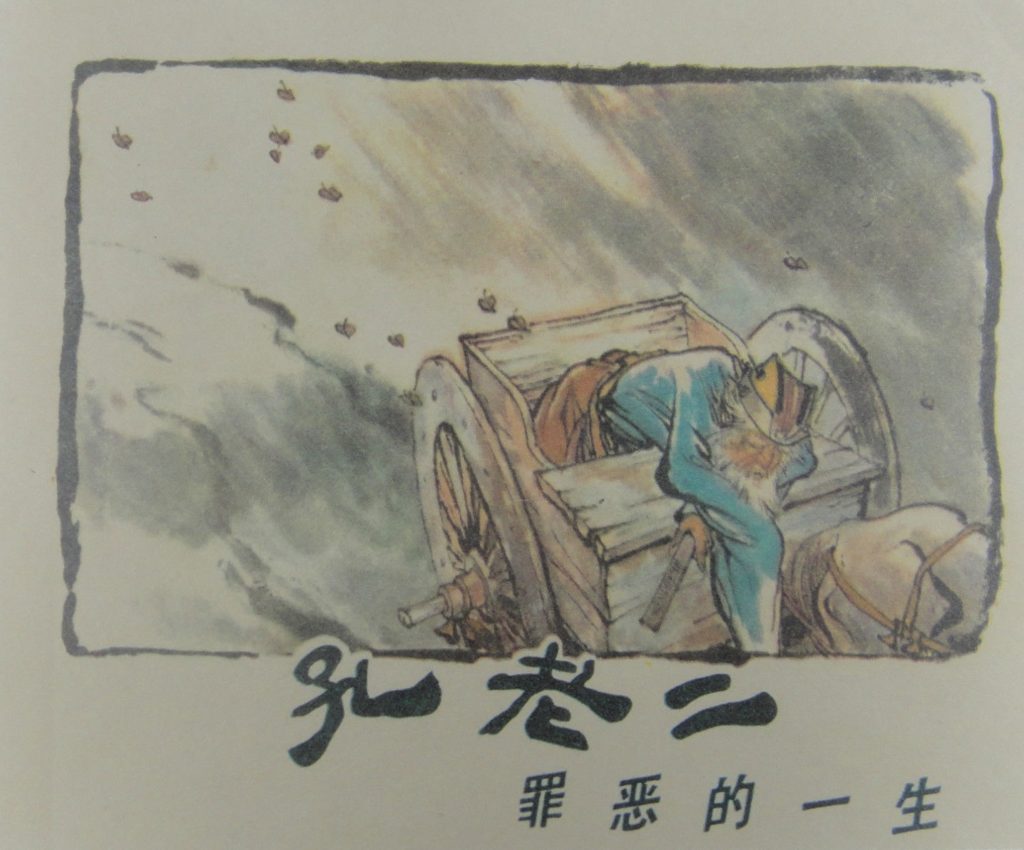The following is based on a short talk on Chinese science fiction which I had the honor of presenting to the CHIN 40: Popular Culture in Modern Chinese Societies course at UCLA on February 16, 2017, at the invitation of Micheal Berry. I had originally planned on posting this a couple of weeks after giving the talk–it seems a little superfluous to be talking about obscure Chinese authors and artists with everything that is going on in the news at the moment. At the same time, I’m starting to wonder if the situation we find ourselves in has something to do with our inability not only to come to terms with history (particularly as a mirror for the present), but whether it stems from a more fundamental failure to think about what words really mean. Politics is about discourse, about framing ideas and making calls for action. But if we fail to interrogate that discourse, to pick apart those ideas, and question those calls for action, then we give authoritarians an open door to exploit the weak for the sake of the powerful.
Okay, so I’m going to start off on a bit of an odd note for a talk on Chinese science fiction, but I’m going to start with a nod to the Tongva people, on whose ancestral and unceded lands we find ourselves today. This is something they do up in Canada, thanking the First Nations peoples and acknowledging the enormous debt of gratitude (and almost impossible degree of contrition) that we owe to them. If you’re planning on giving a talk any time in the future, I encourage you to do the same.
I would also like to thank Professor Berry for inviting me, and thank all of you for signing up for this course! I guess we should also thank UCLA for making it possible for you guys to learn about Chinese pop culture, something that’s hardly a given these days with budget cuts and all.
Now, on the Chinese science fiction!
So, we’re going to be talking (a little) about Ye Yonglie 葉永烈, a science fiction author I’m interested in who was born in 1940. I think he’s important, because he was born at more or the less the midpoint of the history of contemporary sci-fi in China, which has just over a century and a half of history, depending on how you define what sci-fi is. For that reason, his career makes a useful frame for talking about Chinese science fiction, and what that means. In fact, I’m not going to be talking very much at all about Ye, so I encourage you to read The Encyclopedia of Science Fiction entry if you’d like to know more about Ye and the stories he wrote.
A lot has been written about Chinese science fiction in English, but one essay I recommend for covering the key points is Regina Kanyu Wang’s “A Brief Introduction to Chinese Science Fiction.” Jeffery Wasserstrom’s recent article for the Global Literature in Libraries Initiative on the same topic is also worth checking out for a shorter, and more academic take. Finally, Ou Ning has compiled a list of classic Chinese and English sci-fi novels, which echoes some of what we see in these two pieces, but with some interesting additions as well, as we will see.
But before we can start unpacking all of this, I’m afraid we’re going to have to talk about some pretty abstract concepts, and I’m not a very abstract kind of guy. So I thought we might use an old parable to help frame our discussion:
Does anybody recognize this image? If you do, don’t shout it out just yet okay?
I went ahead and edited the illustration (and the Chinese, for those of you who read Chinese), but if you look you’ll see there are five men—five blind men, to be specific. And the five blind men are touching something:
One of them says, “The thing that we are touching is rope, it’s long and thin.”
And the one over here says, “No, no, no, it’s a pillar, it’s thick and strong.”
And this guy right here says, “You’re both wrong, it’s a wall, it’s long and flat.”
And the guy in yellow says, “You guys really are blind! It’s a definitely a metal pipe, can’t you tell?”
Finally, the guy at the end says, “Pipe? What pipe? This obviously a rubber hose!”
Now of course, it’s none of these things at all, it’s a…drum roll, please…


